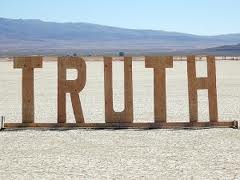What does it mean to “live within your means”? A SNL skit with Steve Martin, Don’t Buy Stuff You Cannot Afford, is based on this idea.
This skit takes a new look at ancient wisdom. In ancient Babylon people had already learned how to steward resources. And we do steward them. The resources we have are not ours. We don’t take anything with us when we leave this earth.
Here’s the secret Babylonian wisdom that will provide you with wealth and prosperity as long as you live:
1. Give 10% away
2. Save 10% for emergencies and retirement
3. Live on the remainder
Give first. Give back in gratefulness some of what the universe has generously given to you. You will care for others. This is necessary for the benefit of living within a society or living with others. Our society creates systemic poverty because we haven’t yet figured out how to meet every one’s basic needs equitably. Situational poverty will continue to exist because accidents happen, people get sick and people are born with health problems and disabilities. Those who can earn need to contribute to the social safety net for those who struggle.
Next, pay yourself. You will be providing for yourself in old age and you will have resources should you encounter hard times. It is enough to save 10%. Notice that it isn’t even necessary to invest in real estate or the stock or bond markets. It is enough that you simply and consistently save 10% of what you earn.
Finally, live on the remainder. You will be living comfortably within your means. Being an adult means learning that we can’t have everything we want. Being an adult means having the maturity to plan for the future and the discipline to deal with what actually is, today.
Foster a sense of contentment within yourself. How best to do this? When we stop comparing we are more likely to be content. Turn off the TV. TV is junk food for the mind. Without TV you will have less opportunities to make comparisons.
Learn to use what you have in unexpected ways.
Don’t purchase something if you can borrow it or substitute it with something else that will work just as well.
Learn to not cling to material things. After all we are not our homes, cars, clothes, jobs or successful children. Develop a sense of detachment. This is not indifference – but rather, it is not allowing external things or circumstances to determine our self worth and happiness in life.
In the end, what we have is all we need.
You may also like Happiness is a Choice, The Richness of Simplicity, A Year Without Buying Clothes and Do You Need a High Approval Rating?





